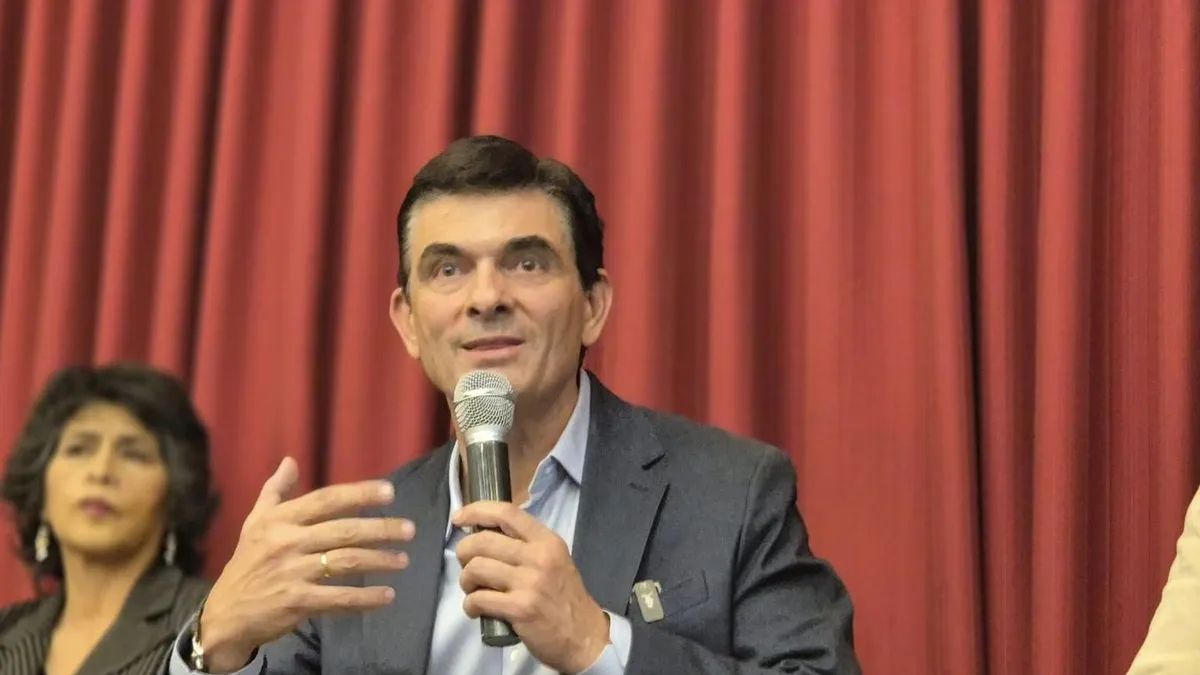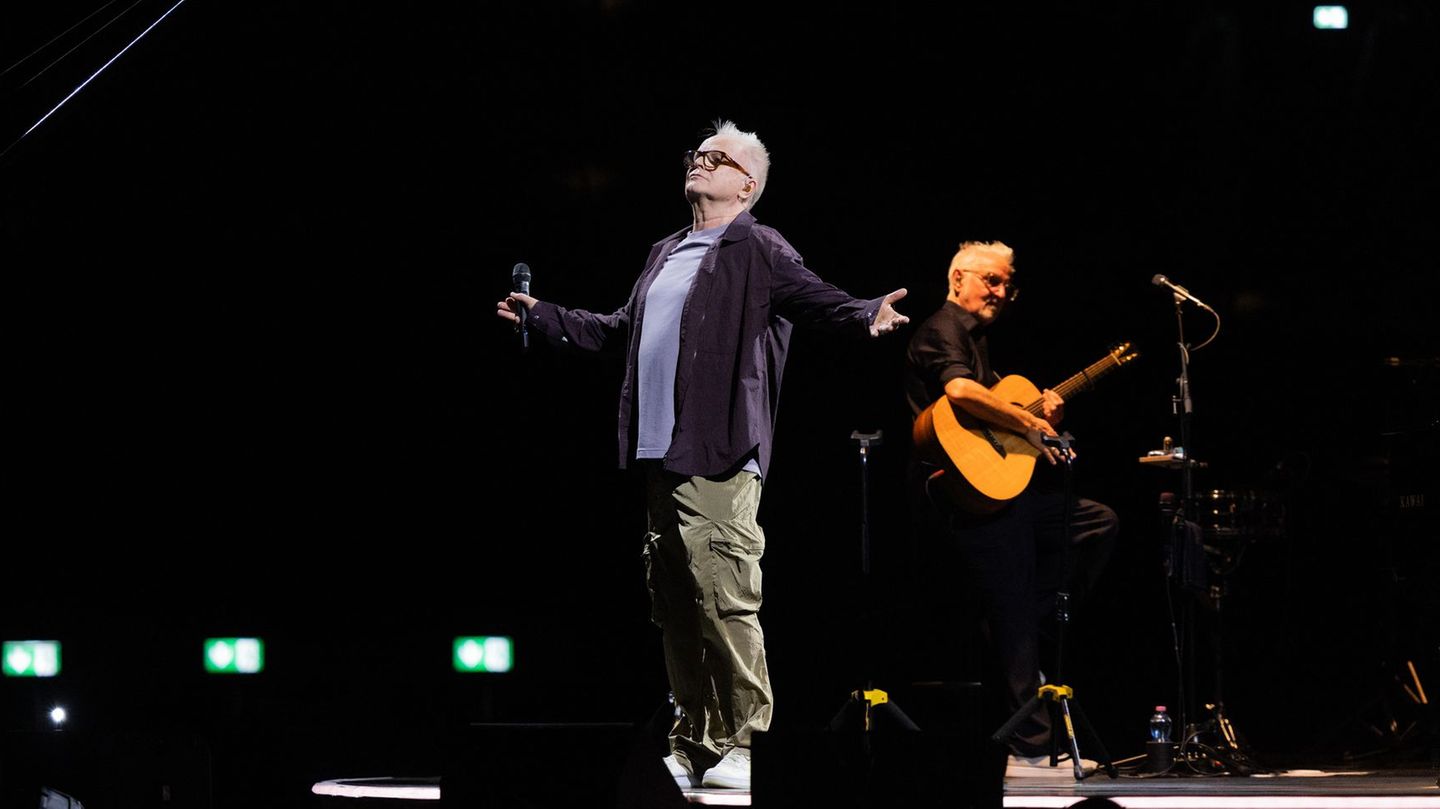The family business expects a significant decline in sales this year. In the Corona year 2020, business was still comparatively good.
According to the company, the Tengelmann Group (Obi, Kik) will suffer even more from the corona pandemic this year than in the crisis year 2020.
Because of the lockdown in the first half of the year, “a significant decline in sales compared to the previous year is expected” for 2021, the company announced on Tuesday. In addition, a “significant negative impact on earnings compared to the previous year must be assumed”.
In the Corona year 2020, the family business came through the crisis comparatively well. Despite all the adversities, group sales rose by 2.3 percent to 8.3 billion euros. The textile discounter Kik suffered from the pandemic-related shop closings and had to record a decline in sales of 10.3 percent to 1.9 billion euros. Nevertheless, the chain achieved a positive business result, albeit well below the usual level. Traditionally, the family company does not give exact figures on the result.
Business at the DIY chain Obi, on the other hand, was good. It benefited from people’s willingness to spend more money on their own four walls during the crisis and increased their sales by 6.8 percent to 6.2 billion euros. According to Tengelmann, the bottom line here was a clearly positive result. Numerous start-up investments by Tengelmann have also benefited from the pandemic.
“Despite the adverse conditions, we were still satisfied with the 2020 financial year,” said managing partner Christian Haub. Nevertheless, 2020 showed how important the consistent reorganization of the group of companies that had been initiated in recent years had been. “Without this setting of the course, some things would have been harder for us,” he said. “We are much more robust today than we were a few months ago.”
In 2018, Christian Haub succeeded his brother Karl-Erivan Haub, who had disappeared on a ski trip in Switzerland and has since been declared dead, in the executive chair of the group and started to put his stamp on the company. Among other things, he sold the company headquarters in Mülheim an der Ruhr, which had long since become too big, parted with the remaining stake in the Netto discount chain and rearranged the company structures. In June, after violent internal family disputes, he took over the company shares of the heirs of his missing brother for a purchase price that was not publicly disclosed.
Jane Stock is a technology author, who has written for 24 Hours World. She writes about the latest in technology news and trends, and is always on the lookout for new and innovative ways to improve his audience’s experience.




